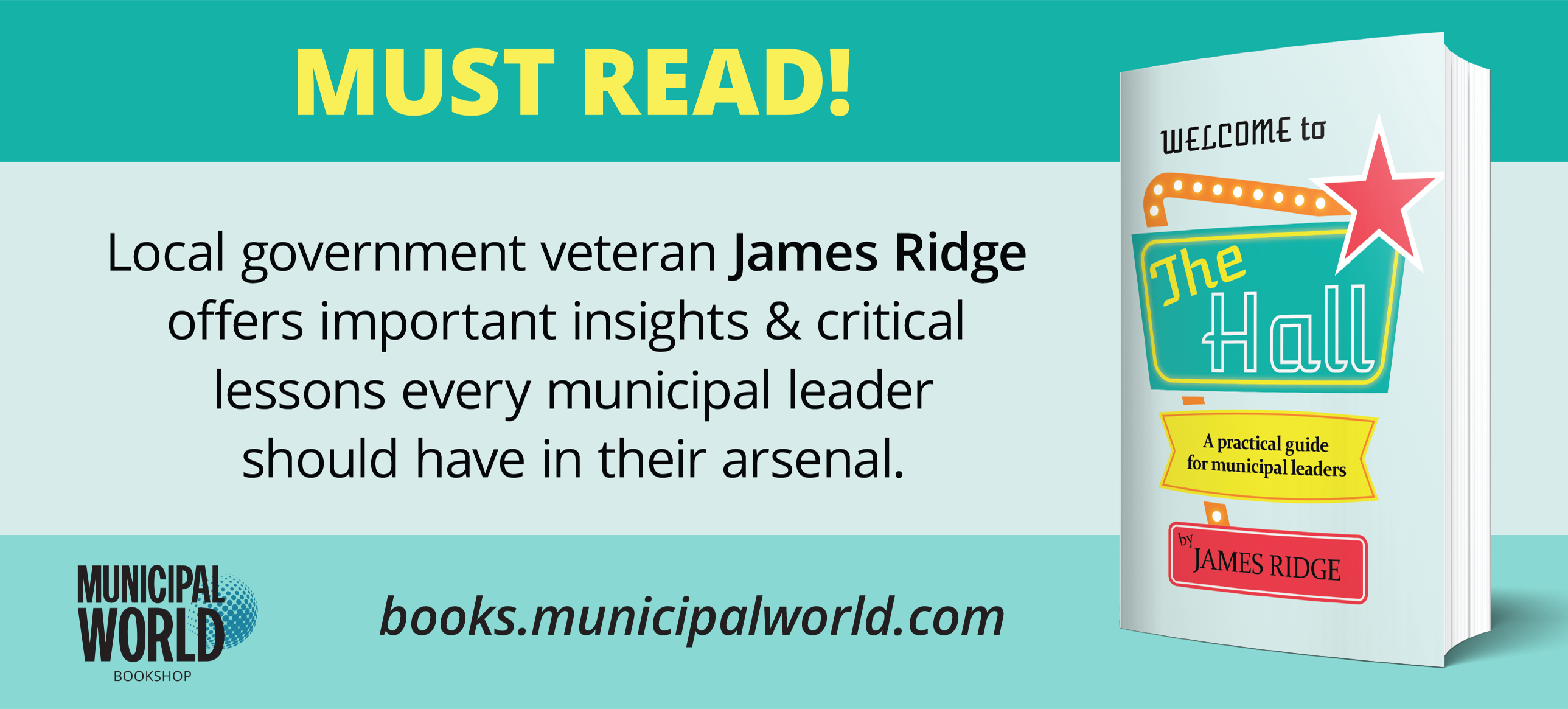A council's "DNA"

A question frequently heard in the world of local government is this: Why does the council act as it does? This question sometimes refers to a council’s decision to reverse a policy; to announce a promise to do thus and so before the matter has been fully considered; to perform as it did during the last council meeting; or to pull the plug on a longstanding manager/CAO who seemed to have served well over the past decade. Why act as it did? Perplexing for many; frustrating for some; a downer for others.
Wrong yardstick
I would argue that much of the frustration which is often expressed by individual members of council and/or management is due to the presumption that a council is motivated by the same triggers as management, and that it therefore thinks much the same. This is blatantly not true. The true measure of a council is whether or not the public will see fit to re-elect it to the next term of office. This is really the only performance measure that exists for many members of council and is, of course, quite sane and predictable.
Is a council not concerned with accomplishments? Certainly. Do councils not have a “to do” list with which they enter office, and do they not strive to accomplish that list before they leave? Again, in many instances, yes. Are these issues/projects/ideas not at the top of every councillor’s mind during their term of office? Yes and no. It is my contention that most members of council get elected because they think that, individually, they are an improvement over who occupied the seat before them; and that their ideas for what needs to be done next are representative of the views of many of the citizens.
While efforts have been made to develop real performance measures for a council, including sharing these with the citizenry, these are largely “by the by” in comparison to the single performance measure known as an election. A council can actually be quite good at stating what it will do and then getting it done, only to find out that the public’s yardsticks moved and the issue of concern became keeping taxes reasonable or increases low, rather than moving forward on this or that campaign pledge. Being competent, working collegially, and accomplishing certain useful projects are all relatively important; these might also be of limited import, simply because, in the mind of the public, this council has become secretive or run by its managers; or out of control in terms of new spending; or in office too long; or … The measurements change and sometimes a council is summarily dismissed before it recognizes the signals.
So, what is really important?
If we are ever to comprehend the mind of a council, it is essential that the following principles of “understanding an elected official” are fully digested. These are “off the cuff,” and so may not reflect those that you feel are a better reflection of “what drives this council.”
Principle 1 – What the public expresses is far more important than any other “voice” that a council might hear.
Principle 2 – Being heard and seen by the public outweighs any other meeting to which a council member might be expected to attend (that is, a 50th anniversary party surpasses the importance of the next meeting of the library board).
Principle 3 – Making council look foolish by management is often known as a “career-ending move” by the perpetrators (i.e., management) and an opportunity to look in charge by council.
Principle 4 – An approaching election (i.e., about halfway through the current term of office) is front of mind for a member of council and yet often not considered by a member of the management group.
Principle 5 – Making a decision that might be considered even remotely controversial is never wise within the six-month window before an election. Such decisions ironically might be welcome within the first six months of a council term.
Principle 6 – Taking the side of one member of council in a discussion or debate whether in chambers, electronically, or at a church picnic is akin to walking across Niagara Falls on a thin piece of rope: refreshing if successful; a poor ending if not.
Principle 7 – Presuming to speak for council on any policy matter is best left to the mayor or another member of council. Feeling confident as the CAO that you have got it right might be the last time that feeling looks familiar.
Principle 8 – Surprising council at a public meeting is never a good idea. Some have … but are now working elsewhere.
Principle 9 – Becoming a friend of a member of council is the goal of any prospective developer or proponent of a change to council’s current policy. Any attempt at the same status by a member of the administration will either be rebuffed or will result in a sense of being overcome by the plague when meeting other members of council.
Principle 10 – Appearing by name or picture in the media more than the mayor or a member of council helps to populate a personal scrapbook. Having ample time to review those pictures is often the lot of those whose careers were remarkably short-lived.
Appreciate the distinctions
The challenges of being on council are varied and significant. Their complexity is often only fully understood by those holding office. It needs to be recognized that the mindset of someone elected is appreciably different than those who serve in administrative capacities: there is, has been, and will be a vast chasm between these two distinct and important roles. MW
as published in Municipal World, March 2016
GEORGE B. CUFF, FCMC, our governance zone expert, has been involved in local government in one way or another since 1970. He has been a recreation and youth specialist, a department head, a mayor for 12 years, and a consultant/advisor to municipalities since 1976. He is the author of Executive Policy Governance; Off the Cuff: A Collection of Writings by George B. Cuff – Volumes 1, 2, and 3; and Making a Difference: Cuff’s Guide for Municipal Leaders, Volumes 1 and 2, published by Municipal World, as well as dozens of magazine articles and columns since 1984.



